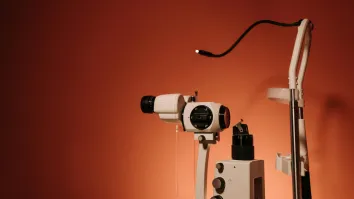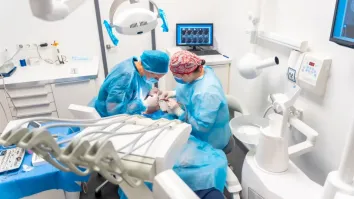
China's drugmakers face headwinds despite regulatory improvements
Accessibility to innovative medicines is still an issue.
The regulatory issues that plague the Chinese pharmaceutical market will continue to pose a significant barrier to innovative multinational pharmaceutical firms' revenue growth, according to BMI Research.
Given the huge potential of the market, with close to 1.4bn people, drugmakers have a considerable interest in aiding the operating environment.
While international cooperation has improved certain parts of pharmaceutical regulations, much more is required to align the country with other key international markets.
Here's more from BMI Research:
The Pharmaceutical Research and Manufacturers of America (PhRMA) produce an annual Special 301 report highlighting the challenges faced in the key international markets for innovative pharmaceutical firms.
The report for 2017 has recently been published and, as in 2016, China has been highlighted as one of the markets that require the most urgent action to address and resolve issues of causing headwinds to innovative drugmakers.
China continues to be monitored under the United States Trade Representative (USTR)'s Section 306, meaning the US has a bilateral agreement - the 2016 US-China Joint Commission on Commerce and Trade (JCCT) - to address specific problems raised in previous reports.
PhRMA notes in the report that the country is making strides to improve its regulatory environment and reimbursement for patented medicines, highlighted by amendments to its Drug Administration Law (DAL), Drug Registration Regulation (DRR), Patent Examination Guidelines and the National Reimbursement Drug List (NRDL).
However, improving accessibility to innovative medicines will require further reforms, including reducing the out-of-pocket cost burden for patients and simplifying the regulatory approval process.



















 Advertise
Advertise





